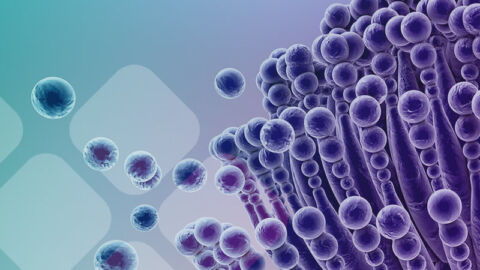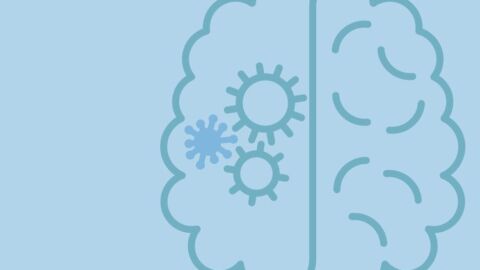While most know lithium as a drug (or the title of a popular song by 90’s grunge band, Nirvana), it’s also an element (a salt) that occurs naturally and is present in our drinking water here in the United States in varying amounts, depending on where you live. While it seems it’s not being talked about much, there is a great deal of evidence in the scientific community that even very small doses of lithium may be beneficial to mental health. Several studies have shown it to be effective in many areas, from reducing rates of suicide and dementia to treating bipolar disorder (see below for a list of studies).
Dr. Nassir Ghaemi, professor of psychiatry at Tufts University School of Medicine said, “Lithium is, by far the most proven drug to keep neurons alive, in animals and in humans, consistently and with many replicated studies”. So why aren’t more people in the mainstream or even integrative and alternative medicine groups giving it serious consideration? Dr. Peter D. Kramer, clinical professor of psychiatry at Brown University suggested that mainstream doctors may “distrust low-dose supplements as somehow ineffective or like homeopathy” and that the alternative medicine crowd “may shun it because – though it’s a salt found in groundwater – lithium already has an identity as a powerful, marketed medication for mental illness”.
There has been a considerable amount of research done on the effects of both naturally occurring lithium (in tap water) and on dietary supplementation on a variety of mental health disorders. You may review some of that research and decide whether lithium supplementation is a possible treatment for any of your patients.
Clinical References
- Schrauzer GN. Lithium: occurrence, dietary intakes, nutritional essentiality. J Am Coll Nutr (2002) 21(1):14-21.
- Dawson EB. The relationship of tap water and physiological levels of lithium to mental hospital admission and homicide in Texas, in Schrauzer & Klippel, Eds. Lithium in Biology and Medicine. Cambridge, VCH, 1991:169-188.
- Schrauzer GN, Shrestha KP. Lithium in drinking water and the incidences of crimes, suicides, and arrests related to drug addictions. Biol Trace Elem Res (1990) 25(2):105-113.
- Schrauzer GN, de Vroey E. Effects of nutritional lithium supplementation on mood: A placebo-controlled study with former drug users. Biol Trace Elem Res (1994) 40(1):89-101.
- Nunes MA, Viel TA, Buck HS. Microdose lithium treatment stabilized cognitive impairment in patients with Alzheimer’s disease. Curr Alzheimer Res (2013) 10(1):104-107.
- Forlenza OV, Diniz BS, Radanovic M, et al. Disease-modifying properties of long-term lithium treatment for amnestic mild cognitive impairment: randomised controlled trial.Br J Psychiatry (2011) 198(5):351-356.
- Straten G, Saur R, Laske C, et al. Influence of lithium treatment on GDNF serum and CSF concentrations in patients with early Alzheimer’s disease. Curr Alzheimer Res (2011) 8(8):853-859.
- Leyhe T, Eschweiler GW, Stransky E, et al. Increase of BDNF serum concentration in lithium treated patients with early Alzheimer’s disease. J Alzheimers Dis (2009) 16(3):649-656.
- Nierenberg A, Friedman E, Bowden C, et al. Lithium treatment moderate-dose study (LiTMUS) for bipolar disorder: A randomized comparative effectiveness trial for optimized personalized treatment with and without lithium. The American Journal of Psychiatry (2013) 170(1):102-110
- Geddes, J, Miklowitz D. Treating of bipolar disorder. The Lancet (2013) 381(9878):1672 – 1682 doi:10.1016/S0140-6736(13)60857-0
- Cipriani A, Hawton K, Stockton S, Geddes J. Lithium in the prevention of suicide in mood disorders: updated systematic review and meta-analysis. BMJ (2013) 346:f3646 doi: http://dx.doi.org/10.1136/bmj.f3646
- Other reference for article:Fels, Anna (2014 September 14). Should We All Take a Bit of Lithium? The New York Times. Retrieved from http://www.nytimes.com/2014/09/14/opinion/sunday/should-we-all-take-a-bit-of-lithium.html?_r=0




